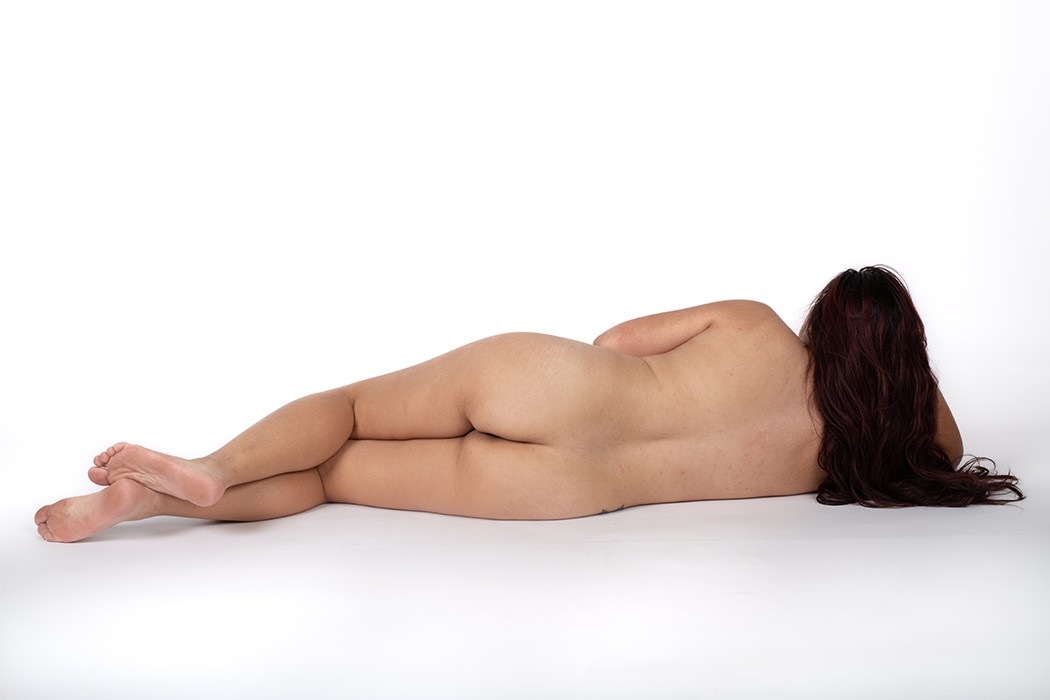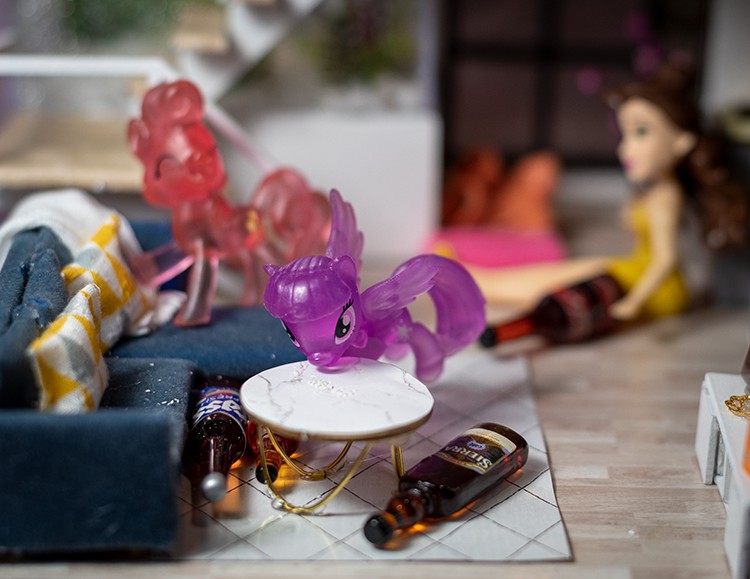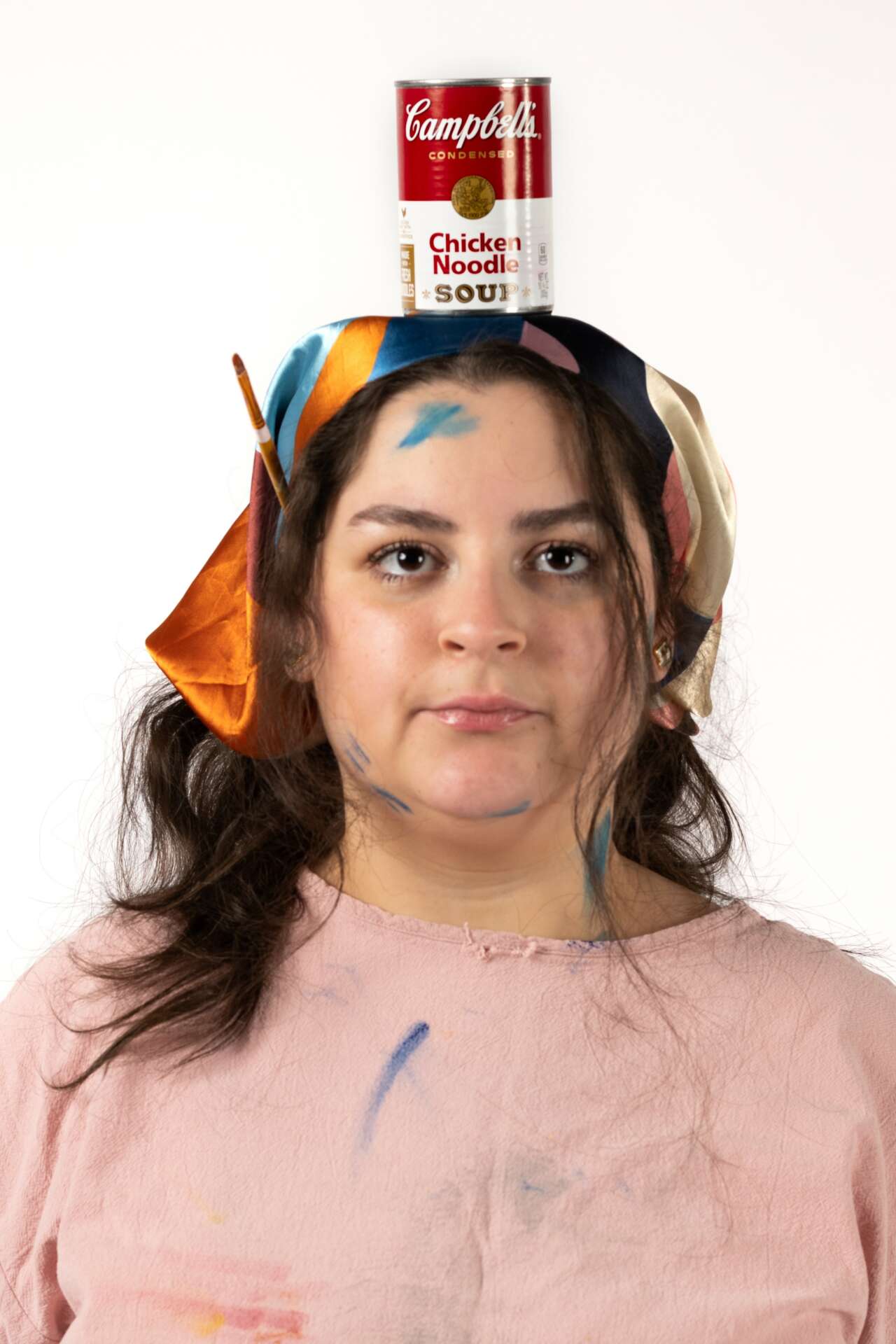We’re excited to introduce you to the always interesting and insightful Catherine Collier. We hope you’ll enjoy our conversation with Catherine below.
Catherine, thanks for joining us, excited to have you contributing your stories and insights. I’m sure there have been days where the challenges of being an artist or creative force you to think about what it would be like to just have a regular job. When’s the last time you felt that way? Did you have any insights from the experience?
Before I settled into my artistic career I worked several regular jobs in order to afford to pursue art. I don’t wonder at all what it would be like to have a regular job because I know exactly what it’s like and it never fitted my creative nature. Even when I work on projects that still involve high level of creativity like graphic design or commercial photography, I find my most fulfilling work in my art.


Catherine, love having you share your insights with us. Before we ask you more questions, maybe you can take a moment to introduce yourself to our readers who might have missed our earlier conversations?
I moved to the United States from Honduras in 2014. I brought with me only one suitcase, $100 and many doubts about the future. During the first 4 years I worked jobs at restaurants, call centers, banks, anything that paid the bills and during my free time I would create. From paintings, digital illustration, photographs, I just couldn’t stop creating so I decided to enroll in San Antonio College and major in Art. Eventually I transferred to UTSA where I received my Bachelor of Fine Arts, but it had taken me double the time to graduate. Initially this concerned me, but the amount of work experience and the strength of my portfolio spoke for themselves. In the past 5 years I’ve been working as a studio photographer, a marketing coordinator, a graphic designer, and darkroom assistant, among other freelance jobs. What sets me apart from my peers is the diverse approach and creative vision I bring to the table. I am able to approach clients from a marketer point of view, an artist point of view, and use my formal education as a solidifier between the two.
The most important aspect about my work is that it is deeply personal but also aims to provide a voice to others who might have similar stories to mine. Growing up in a Latino household and being a first generation immigrant has its nuances, so does being a woman living in Texas. Through art I was able to cope during hard times, celebrate the good, connect with others, and it continues to help me heal and rediscover myself.



What’s a lesson you had to unlearn and what’s the backstory?
I used to be one of those people who bragged about being busy. I was working a full-time job, attending school full-time, and doing side gigs during the weekends at the time and that was my idea of success. Failing or wasting time wasn’t an option for me because I felt the responsibility to prove to my mother and father, who passed away when I was a child, that I was taking advantage of the opportunities they provided me. In return I worked myself to exhaustion, burnout, and turned to many self-destructive behaviors.
Getting no sleep, having a poor diet, overworking, and mental instability to me had become occupational hazards of being an artist. I was under the impression that yes, all artists are troubled and that we need those erratic feelings and behaviors to create meaningful work. It took me years of therapy, sobriety, and somatic approaches to unlearn that thought pattern. Healthy artists are happy artists and in spite of popular opinion, happy artists can create deeply meaningful work. I learned that when I am more connected to myself and others, I can use my talents more clearly and strategically.
Are there any books, videos or other content that you feel have meaningfully impacted your thinking?
There are so many self-help books or instructional guides on how to “make it” as an artist, but not all of them may be for you. Your upbringing, views of the world, and ultimate goals all create an unconscious bias to advice from others. This is why I think it’s important to be open-minded but also take everything with a grain of salt because what works for others might not work for you.
Personally, I have a very fact-based approach. Before I decided on studying art I had an inclination towards psychology. I believe that if you are able to understand your mind and behaviors you will be able to become whoever you want to be. “The Body Keeps the Score: Brain, Mind, and Body in the Healing of Trauma” by Bessel van der Kolk, MD was definitely a game changer and so is Kara Loewentheil’s podcast “UnF*ck Your Brain.”
Other non-fiction I enjoy are novels like “Three Women” that taught me more about female sexuality, Julia Alvarez’s “How the García Girls Lost Their Accents” where I felt seen as an immigrant, and of course, a little Joan Didion for the soul.
Contact Info:
- Website: www.ccollierart.com
- Instagram: @ccollierart
- Linkedin: https://www.linkedin.com/in/catherine-collier-806447165/


